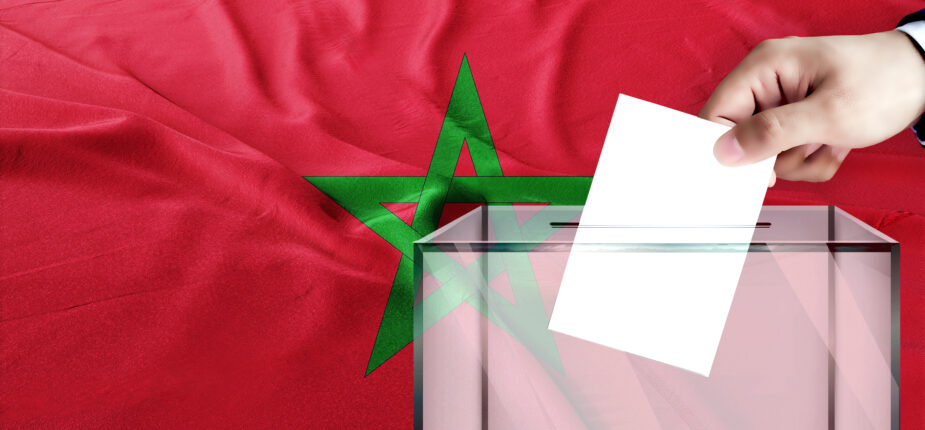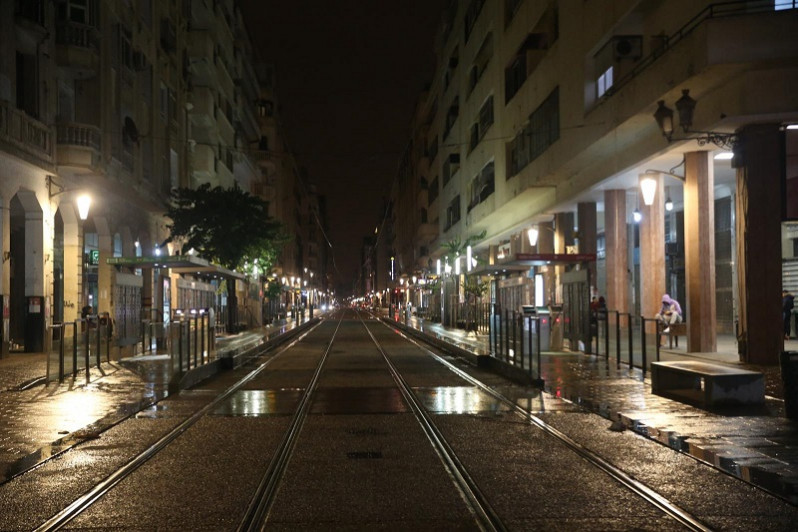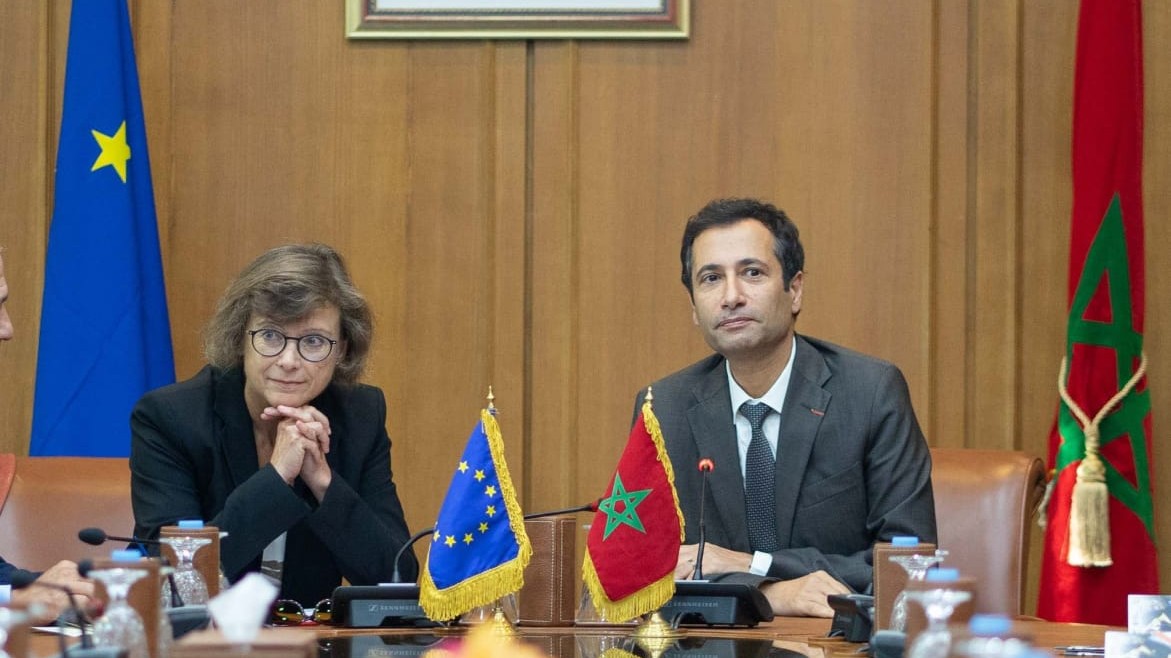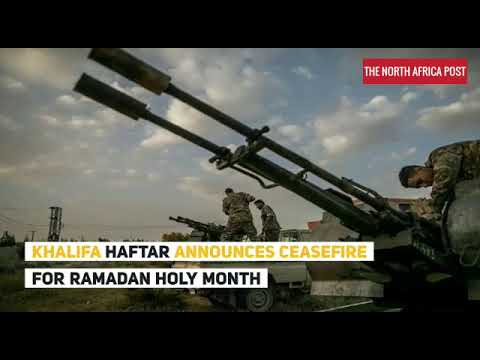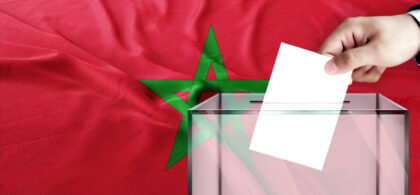 Morocco will hold parliamentary, municipal and regional elections on September 8, in which nearly 30 parties are competing. But are they capable of convincing younger generations to cast ballot?
Morocco will hold parliamentary, municipal and regional elections on September 8, in which nearly 30 parties are competing. But are they capable of convincing younger generations to cast ballot?
The electoral campaign was marked by fierce competition between liberal RNI and PAM with Islamists PJD that have led two governments in a row. The conservative Istiqlal is also expected to be among the top three winners.
Covid-19 restrictions meant that parties had to extensively use social media in a bid to convince the younger generations to vote for them.
Most parties put forward policies to improve education, health and other public and social services.
Turnout however is a challenge. But many hope that holding parliamentary, municipal and regional council elections on the same day will help increase turnout up from 43% registered in 2016 elections.
RNI is expected to win the vote as it has covered almost all constituencies. But observers also point to PAM whose leaders describe themselves as the remaining alternative after Moroccans experienced the left, islamists, conservatives and parties labeled as “administration parties”.
Led by billionaire businessman Aziz Akhannouch RNI aims to build on the performance of its ministers in the current government. The RNI has controlled the key ministries of industry, agriculture and tourism which have stood out by their pro-activeness during the pandemic.
The development model has stated the need for restoring trust in intermediary institutions such as political parties and that achieving that goal hinges on improving the performance of public services and curbing disparities while addressing obstacles to social mobility.
The PJD however is counting its days at the presidency of a coalition government that was reshuffled multiple times during the tenure of Saad Dine El Otmani.
Experts see the multiple reshuffles as a sign of the Saad Dine El Otmani’s failure to lead a strong and efficient government.
The pandemic has further exposed the government’s weak proactiveness as most decisive measures were spurred by the monarchy sparing Morocco troubles faced by its neighbors.
